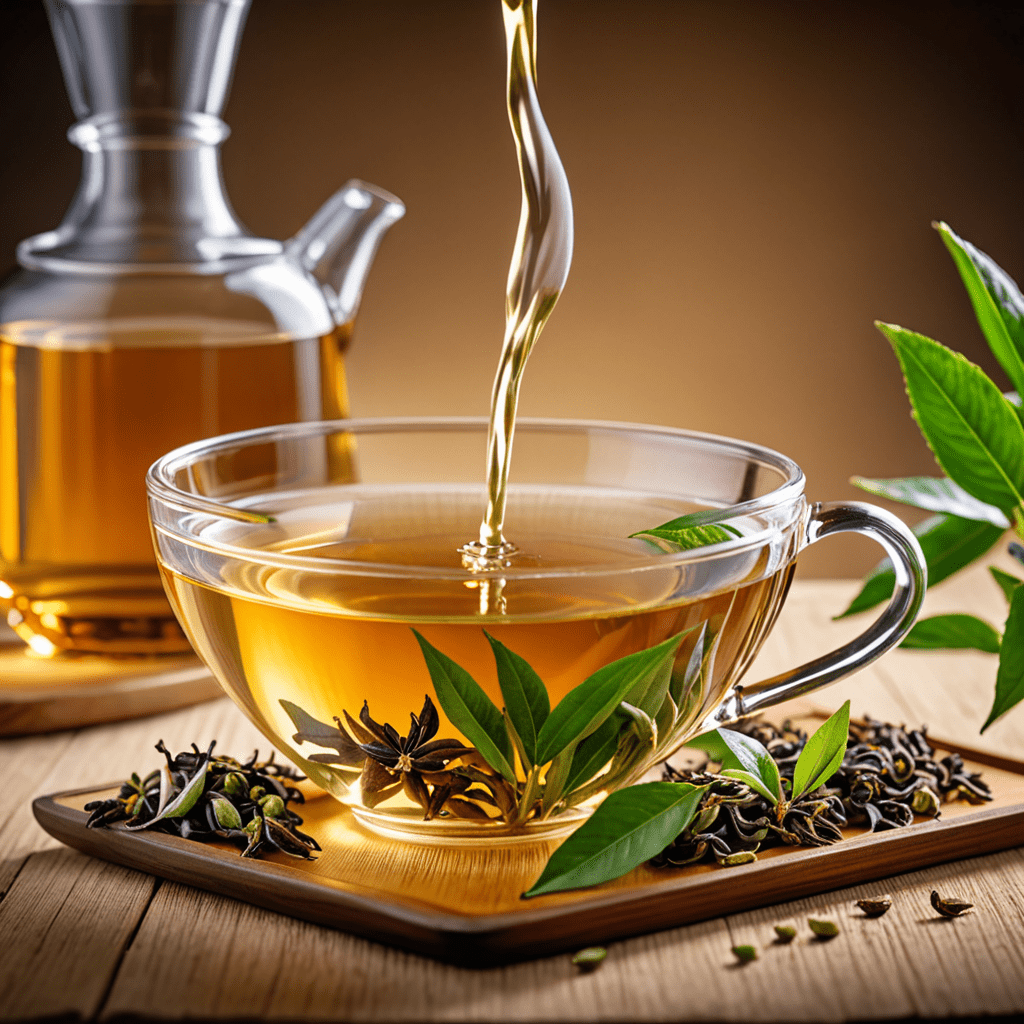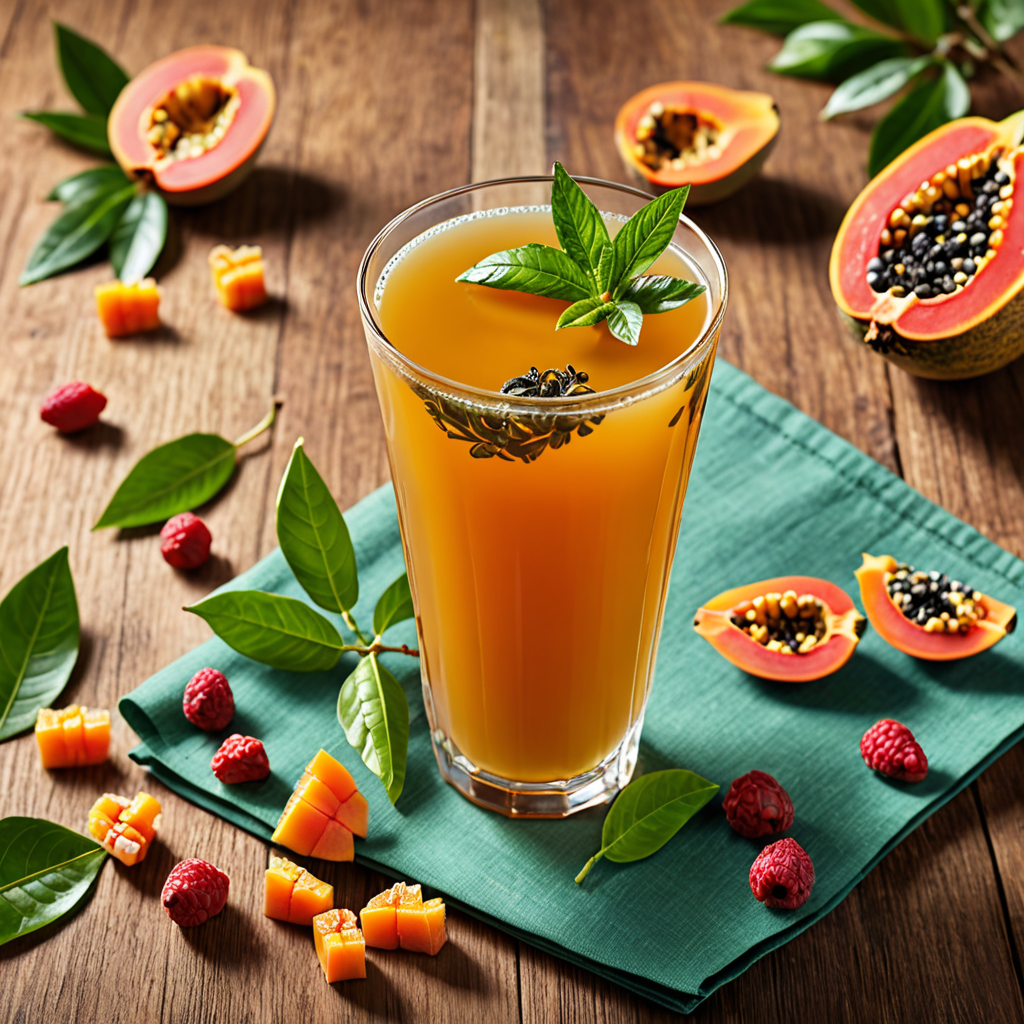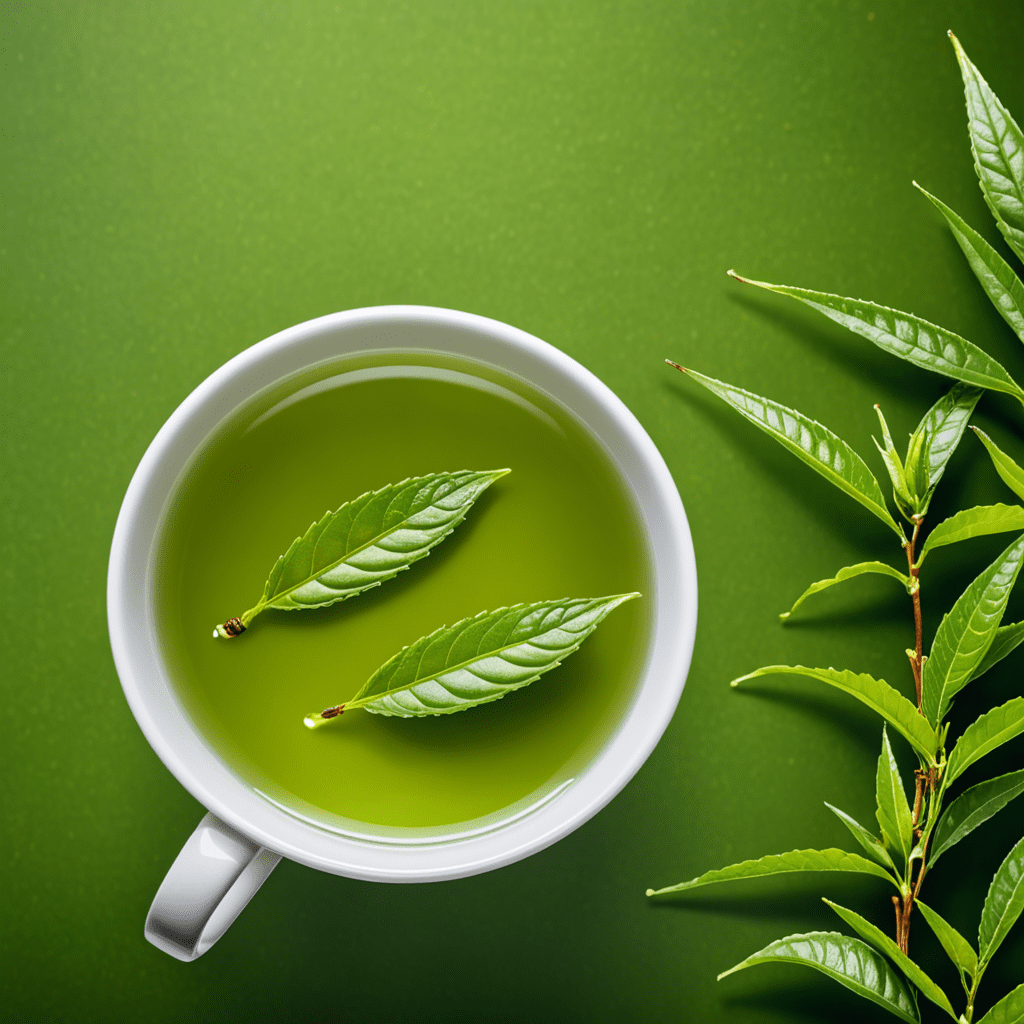White Tea: The Epitome of Tea Sophistication
White tea is often revered as the epitome of sophistication in the world of tea. Its delicate flavor, minimal processing, and numerous health benefits make it a popular choice among tea connoisseurs. Let’s delve into the world of white tea and understand what sets it apart from other varieties.
What is White Tea?
White tea is made from the young leaves and buds of the Camellia sinensis plant, the same plant used to produce other types of tea such as green tea and black tea. What distinguishes white tea is the minimal processing it undergoes. The leaves are simply harvested and wilted in natural sunlight, allowing them to retain their delicate, silvery-white appearance.
Flavor Profile and Aroma
White tea offers a subtle and nuanced flavor profile, often described as floral, sweet, and delicate. Its aroma is equally gentle, evoking notes of fresh flowers and light vegetation. The minimal processing of white tea allows the natural flavors and aromas of the tea leaves to shine through, creating an exquisite sensory experience.
Health Benefits of White Tea
Beyond its enticing flavor and aroma, white tea is also celebrated for its potential health benefits. Rich in antioxidants, white tea is believed to promote cardiovascular health, support weight management, and aid in maintaining healthy skin. The low caffeine content in white tea makes it a popular choice for those looking for a mild energy boost without the jittery effects of stronger caffeinated beverages.
How to Brew White Tea
Brewing the perfect cup of white tea is a simple yet rewarding process. Unlike other types of tea, white tea is best brewed at lower temperatures, around 160-185°F (71-85°C), and for a shorter duration, typically 4-5 minutes. This gentle brewing method ensures that the delicate flavors and healthful compounds of white tea are preserved without being overshadowed by bitterness.
Types of White Tea
White tea comes in several varieties, with the most well-known being Silver Needle (Baihao Yinzhen), White Peony (Bai Mudan), and Tribute Eyebrow (Gong Mei). Each type offers its own unique flavor profile and appearance, catering to a diverse range of preferences among tea enthusiasts.
White Tea and Tea Culture
In many cultures, white tea is associated with elegance, sophistication, and a touch of luxury. Its subtle yet complex characteristics make it a favorite choice for formal tea ceremonies, special occasions, and moments of quiet indulgence. Embracing white tea is not just about savoring a beverage; it’s about embracing a tradition and lifestyle.
Embracing White Tea
Whether you’re a seasoned tea enthusiast or new to the world of specialty teas, exploring white tea can be a delightful journey. Its understated elegance, potential health benefits, and rich cultural significance make white tea the epitome of tea sophistication, inviting you to savor each sip and embrace the tranquility it brings.
FAQ About White Tea
What is white tea?
White tea is a delicate and minimally processed tea made from the young leaves and buds of the Camellia sinensis plant. It is renowned for its mild flavor, subtle sweetness, and elegant aroma.
How is white tea different from other teas?
White tea undergoes minimal oxidation and has the least processing among all tea types. Its delicate leaves are handpicked and gently withered, making it the purest form of tea.
What are the health benefits of white tea?
White tea is rich in antioxidants and is known for its potential to support heart health, boost the immune system, and promote skin health. It also contains minimal caffeine, making it a gentle choice for those sensitive to caffeine.
How should white tea be brewed?
To brew white tea, use water that is heated to around 175°F (80°C) and steep the leaves for 2-3 minutes. It is best enjoyed without milk or sweeteners to appreciate its natural flavor.
What are some popular varieties of white tea?
Popular varieties of white tea include Silver Needle (Baihao Yinzhen), White Peony (Bai Mudan), and Long Life Eyebrow (Shou Mei), each offering unique flavor profiles and characteristics.


